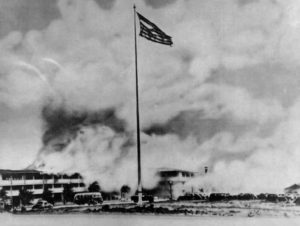
December 7, 1941. A date that will live in infamy.
Seventy-five years ago today, Japan attacked a U.S. naval base in Hawaii. Our country was rocked to its core. A nation divided about going to war suddenly united in a common cause. The next day, amidst chaos and grief, the United States entered World War II. A day to remember, to never forget. But have we?
These days, many kids can’t tell you about Pearl Harbor. A lot of parents can’t either. Sure, we all may have picked up the high points from Ben Affleck, but we don’t really understand it, so how can we teach it to our children? They don’t hear the stories of people being shot down on a beach. It’s possible they’ve never heard about men who were trapped alive inside their ships. Maybe they don’t know a personal story or name of someone who was there. In school, United States history doesn’t always make it to World War II before the end of the year. Parents don’t really think about it, because they didn’t experience it. Pearl Harbor has become less than a passing thought for most of us.
Who Remembers?
My family has always observed December 7 as a day of remembrance. It has never been just another day for us; it has never been forgotten. You see, my grandfather was there. He was a Pearl Harbor survivor. Growing up, we missed school to attend memorial services in Dallas with Granddaddy. Our schools honored him at their Veteran’s Day services. We were invited to a special screening of Pearl Harbor (Granddaddy always said Tora Tora Tora was a more accurate depiction) during which they honored Granddaddy, and the whole theater gave him a standing ovation. People lined up afterward to shake his hand. He never understood why people treated him as something special. To him and others like him, he was just doing his job.
![Official U.S. Navy photograph 80-G-19948, now in the collections of the National Archives. [1] untitled-design](https://fwmoms.com/wp-content/uploads/2016/11/Untitled-design-300x234.png)
People ran for cover in a nearby drainage ditch before getting to the armory to get the machine guns and ammo. They spent the rest of the attack firing at the Japanese planes. After the attack stopped, they spent the day preparing for an invasion that didn’t come. When it got dark, they split up into shifts to sleep. When Granddaddy went to go rest, he realized he had never taken the time to put his pants on. He did everything that day in the Navy issue boxers he had slept in.
There are others with personal stories like ours. We have met many of them over the years, at various Pearl Harbor survivor functions. My mom and her brothers and sisters were in groups for the children of these survivors. I’ve read stories and newspaper articles about them, most often after someone died. The group is growing smaller every year. These people leave behind tales of courage and bravery, of terrible sights and lives lost. But who is listening to their stories?
What Can We Do?

It is our job to keep the story of these brave men and women alive. It is our job to pass on their legacy to our children so they may pass it on to theirs. We can do that in many ways. Share it through books written for kids of a variety of ages about Pearl Harbor. Whether through true accounts or historical fiction, facts in a book can make it easier to explain horrible events to children. Check out lists here and here for recommendations. We can visit museums, like the National Museum of the Pacific War in Fredricksburg. Maybe you could attend a memorial service nearby or watch one on television or YouTube. Children may not necessarily understand the whole event from a memorial service, but they will at least realize it’s important. Most especially, we should talk. Talk to your children about history. All of it. The parts we remember, the parts we have only heard about it. Take an active interest in your child’s social studies and history in school. Relearn it with them, so they know it’s important to you too.
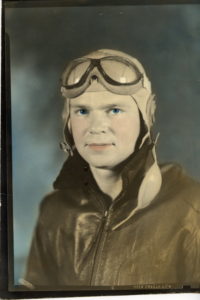 Why?
Why?
We owe it to those men and women who lived through the tragedy to remember it. We owe it to them to remember the lessons they learned. The lessons some of them died to teach us. The things they fought to protect. Don’t forget: 2,403 Americans were killed that day. More than 1,700 were injured. Lives were forever changed.
With the world moving quickly from one viral story to the next, it’s easy to forget things that need to endure, but it’s our job to make sure they do. In the same way we remember the courage of the firefighters and police officers on September 11, we should honor the bravery of the sailors and soldiers on December 7. When we consider the history of foreign policy and relations in the United States, we should know more about the incident that shaped our decisions for decades. Any time you think you should “Never Forget 9-11,” try to also “Remember Pearl Harbor.” If we don’t tell our children, who will? If we forget now, they can never remember.






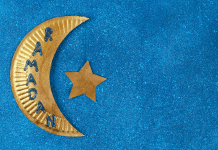
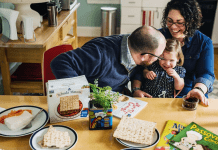
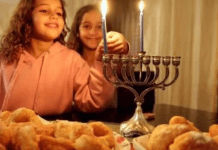





Loved this!
Thank you!
Love this piece, thank you for sharing.
Thank you!
Enjoyed the account of pearl Harbor Day
Thanks again.